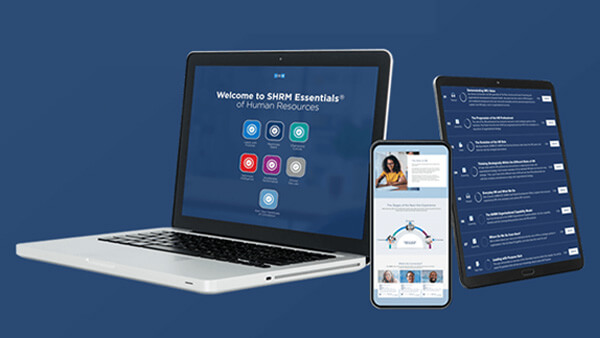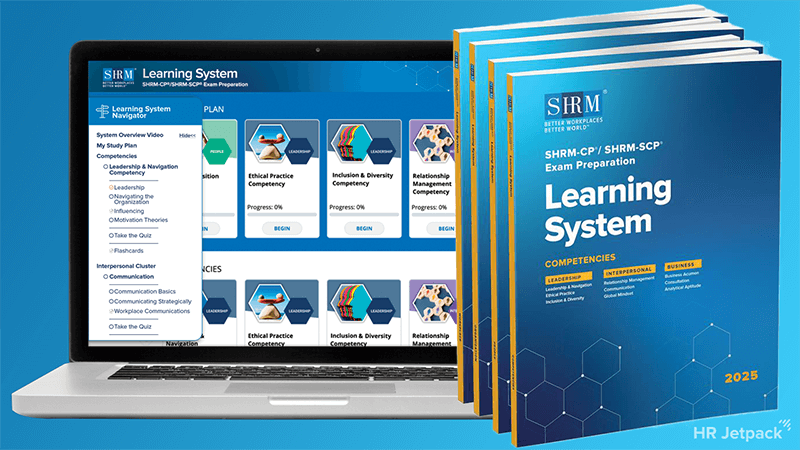Lesson:
Types of Resistance
- Course: Change Management 101
- Module: The Challenges
- Lesson Type: Video
- Lesson Duration: 4:32
Lesson Transcript
So here we have it, the big R word….In which the meaning holds so much weight as it relates to Change Management. Behavioral Analyst and Author, Dr. Aubrey Daniels, said it quite well:
“People don’t resist change, they resist being changed,” Resistance is a guarantee – yep, a 100% guarantee! So please, for your own sake, anticipate it! Resistance will create hurdles, pose challenges, and if not handled correctly, will lead to the demise of the change initiative. The idea of Change immediately elicits a response in humans, and that is ‘normal’ as we are not robots, however, it is important to realize that some people will respond in a negative way, and this comes from fear – fear of the unknown to be specific.
There are three types of resistance, Logical/Rational, Psychological/Emotional, and Sociological. As a person who is facilitating Change, you should expect to experience each of these from employees.
So when thinking about the first type of resistance, logical/rational, an example of this would be if an employee said to you “I do not have the time to learn a new software”. You will perhaps find that some employees may look at change, and how it affects them, as a second job. The best way to respond is to first acknowledge their frustration, and explain that there will be designated time for training, and that if deliverables of their regular work product have to be pushed back a little, that is perfectly fine and allowances will be made.
The second type of resistance is psychological/emotional, and an example of this would be if an employee said something like “I’m comfortable with the way we have always done things, this new way is going to be very disruptive”. You will perhaps find that some employees may want the status-quo which is quite literally the opposite of change. The best way to respond is to first acknowledge that they are uncomfortable and seemingly nervous of the unknown, however, explain that while change can be nerve-wracking, it is for the greater good and a short time of disruption will lead to a much better process and practice that will ultimately benefit the employee.
The third type of resistance is sociological and as social values are a part of the culture of an organization, arguably this type of resistance may be the most challenging to deal with. An example of this type of resistance would be if an employee said “I have always worked with the same group of people and we know each other and our role. I do not want to work with a different group of people”.
When employees have worked together for a while, and have reached a level of trust with each other, they have a sense of loyalty. The best way to respond is to first acknowledge that they are struggling with the idea of working with new people, and likely have anxiety of how they will fit in.
Remember when you started a new job? I equate the feelings that the employee is having to the same as your first day at a new company. We have all been there and the waves of worry are certainly real. I suggest saying to the employee that while he or she will not be directly working with the same people anymore, that does not mean their relationship has to end, and that they can still maintain it. In terms of knowing their role within the group, yes, this will take some time but eventually the employee will settle in. It’s important to remind the employee that they are not the only person experiencing the change, and that the others in the new group will also be experiencing the same.
Additionally, you might find yourself dealing with the phenomenon of groupthink. This is when a grouping of people start to think the same in order to keep the peace from within. If someone in the group was excited about the change, this would disrupt the group and would not result in cohesiveness.
Groupthink is not easy to combat, and here’s why; the foundation of a group starts to develop on the first day a grouping of people are put together. And consciously and unconsciously roles within start to develop. For example, if one person who has been at the company for a long time and is seen as someone who knows the lay of the land, well naturally this person is going to be seen as a leader within the group. So because Groupthink starts to form early on, it has already been established. You can chip away at it, of course, but it will take some time. Remember the two Ps, patience and persistence.

Instructor:
Hayley Buonopane
With nearly two decades in the Human Resources field, Hayley is a subject matter expert with a specialty in workplace planning and development, employee relations, organizational development, and talent acquisition....
Hayley's Full BioModule 1 0/8
Setting The Foundation
Module 2 0/7
The Challenges
Module 3 0/5
The Process
Module 4 0/4
Best Practices
Module 5 0/2
Conclusion
HR Courses
Human Resources Training Programs
Self-paced HR Courses
The following HR courses are self-paced (asynchronous), and qualify for both SHRM and HRCI recertification credits. These courses are included in the HR Recertification Subscription.
Duration: 1 hr 1 min
SHRM: 1.0 PDC
HRCI: 1.0 General

Liz LaForte
Duration: 1 hr 30 mins
SHRM: 1.5 PDC
HRCI: 1.5 General

Dawn Tedesco
Duration: 1 hr 4 mins
SHRM: 1.0 PDC
HRCI: 1.0 General

Hayley Buonopane
Duration: 1 hr 18 mins
SHRM: 1.25 PDC
HRCI: 1.25 General

Christina Danforth
Duration: 2 hr 5 mins
SHRM: 2.0 PDC
HRCI: 2.0 General

Craig Haas
Duration: 2 hr 30 mins
SHRM: 2.5 PDC
HRCI: 2.5 General

Christina Danforth
Duration: 1 hr 6 mins
SHRM: 1.0 PDC
HRCI: 1.0 General

Lois Krause
Duration: 1 hr
SHRM: 1.0 PDC
HRCI: 1.0 General

Craig Haas
Duration: 1 hr 8 mins
SHRM: 1.0 PDC
HRCI: 1.25 General

Stephanie Legatos
Duration: 1 hr
SHRM: 1.0 PDC
HRCI: 1.0 General

Karen Hinds
Duration: 1 hr
SHRM: 1.0 PDC
HRCI: 1.0 General

Hayley Buonopane
Duration: 1 hr
SHRM: 1.0 PDC
HRCI: 1.0 General

Christine Gatti
Duration: 1 hr
SHRM: 1.0 PDC
HRCI: 1.0 General

Hayley Buonopane
Duration: 1 hr
SHRM: 1.0 PDC
HRCI: 1.0 General

Christine Gatti
Duration: 1 hr
SHRM: 1.0 PDC
HRCI: 1.0 General

Hayley Buonopane
Duration: 1 hr
SHRM: 1.0 PDC
HRCI: 1.0 General

Hayley Buonopane
Duration: 1 hr
SHRM: 1.0 PDC
HRCI: 1.0 General

Christine Gatti
Duration: 1 hr
SHRM: 1.0 PDC
HRCI: 1.0 General

Christina Danforth
Duration: 1 hr
SHRM: 1.0 PDC
HRCI: 1.0 General

Stacey Zackin
Duration: 1 hr
SHRM: 1.0 PDC
HRCI: 1.0 General

Stacey Zackin
Duration: 1 hr
SHRM: 1.0 PDC
HRCI: 1.0 Business

Dr. Deborah Osgood
Duration: 1 hr
SHRM: 1.0 PDC
HRCI: 1.0 General

Christine Gatti
Duration: 1 hr
SHRM: 1.0 PDC
HRCI: 1.0 Business

Jack Antonich
Duration: 1 hr
SHRM: 1.0 PDC
HRCI: 1.0 General

Christine Gatti
Duration: 1 hr
SHRM: 1.0 PDC
HRCI: 1.0 Business

Jack Antonich
Duration: 1 hr
SHRM: 1.0 PDC
HRCI: 1.0 General

Stacey Zackin
Duration: 1 hr
SHRM: 1.0 PDC
HRCI: 1.0 General

Stacey Zackin
Duration: 1 hr
SHRM: 1.0 PDC
HRCI: 1.0 Business

Jack Antonich
Duration: 1 hr
SHRM: 1.0 PDC
HRCI: 1.0 General

Stacey Zackin
Duration: 1 hr
SHRM: 1.0 PDC
HRCI: 1.0 Business

Jack Antonich
Duration: 1 hr
SHRM: 1.0 PDC
HRCI: 1.0 General

Stacey Zackin
Duration: 1 hr
SHRM: 1.0 PDC
HRCI: 1.0 General

Christine Gatti
Duration: 1 hr
SHRM: 1.0 PDC
HRCI: 1.0 General

Christine Gatti
Duration: 1 hr
SHRM: 1.0 PDC
HRCI: 1.0 General

Christine Gatti



































































